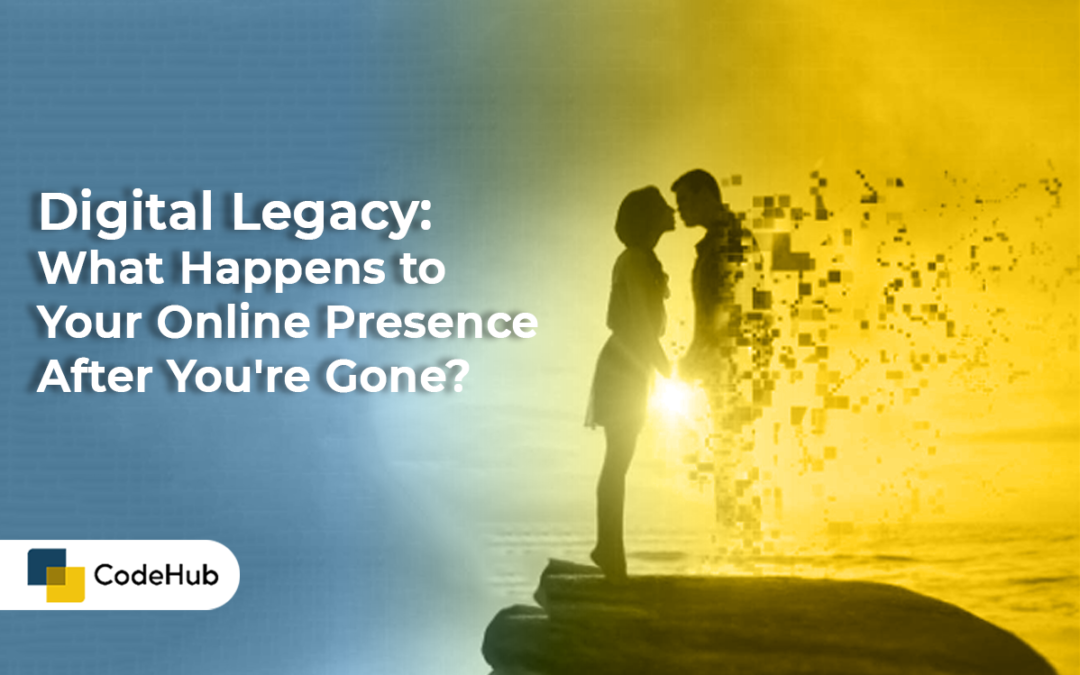Digital legacy is the term used to describe the online presence that you leave behind after you pass away. This includes your social media accounts, email accounts, online subscriptions, digital photos, videos, documents, and any other online data that you have created or stored.
Your digital legacy can be a valuable source of information and memories for your loved ones, but it can also pose some challenges and risks. For example, your digital legacy may contain sensitive or personal information that you don’t want to be accessed by unauthorized people. It may also be subject to cyberattacks, identity theft, or misuse by third parties.
Why does digital legacy matter?
Digital legacy matters because it is part of your identity and your history. It reflects who you are, what you have done, and what you have cared about in your life. It can also help your family and friends to cope with your loss, remember you, and celebrate your life.
However, digital legacy also matters because it can have legal and financial implications for your estate and your beneficiaries. Depending on the terms and conditions of the online platforms that you use, your digital assets may or may not be transferable or inheritable after your death. Some platforms may allow you to designate a person who can access or manage your account after you die, while others may delete or deactivate your account automatically after a period of inactivity.
Therefore, it is important to be aware of your digital legacy and plan ahead for how you want it to be handled after you are gone.
How can you manage your digital legacy?
There are some steps that you can take to manage your digital legacy and ensure that it is treated according to your wishes. Here are some suggestions:
- Make an inventory of your digital assets and accounts. List down all the online platforms that you use, such as social media, email, cloud storage, online banking, shopping, gaming, etc. Include the usernames, passwords, security questions, and recovery options for each account.
- Decide what you want to happen to each account after your death. Do you want to keep it active, delete it, or transfer it to someone else? Do you want to share any specific content or messages with your loved ones? Do you want to donate any digital assets or funds to a charity or a cause? Write down your preferences and instructions for each account.
- Choose a person who will be responsible for executing your digital legacy plan. This can be a family member, a friend, a lawyer, or a trusted professional. Make sure that this person knows about your plan and has access to the necessary information and documents.
- Review and update your digital legacy plan regularly. As technology changes and new platforms emerge, you may need to modify or add new accounts or instructions to your plan. You may also change your mind about some aspects of your plan over time. Therefore, it is advisable to review and update your plan at least once a year or whenever there is a significant change in your life or online activity.
Conclusion
Digital legacy is an important aspect of our lives in the digital age. It can have positive and negative impacts on ourselves and our loved ones after we die. Therefore, it is wise to think about our digital legacy and take steps to manage it in advance. By doing so, we can ensure that our online presence reflects our values and wishes, and that our digital assets are protected and preserved for the benefit of our family and friends.

